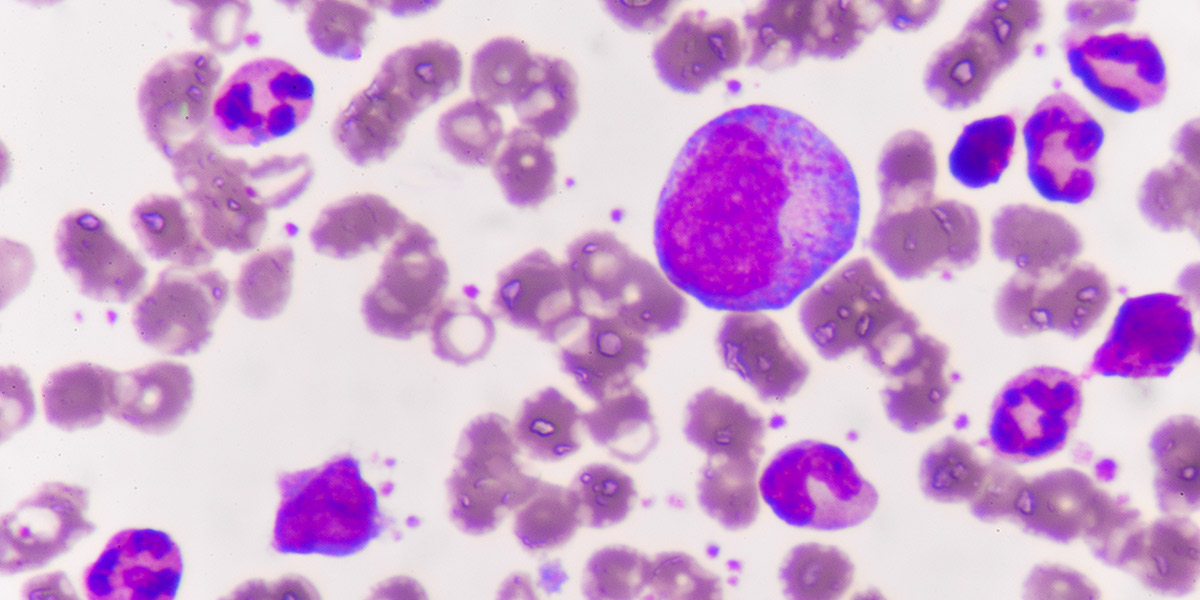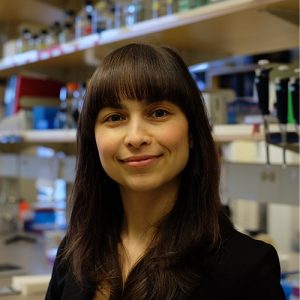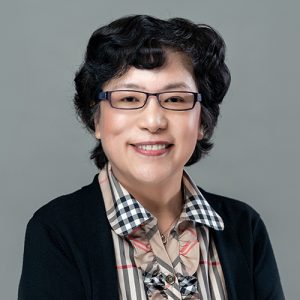
Scientists at UBC and BC Cancer have found a new combination treatment for blood cancers that may lead to more effective results, especially in patients at high risk of drug resistance and disease progression.

Dr. Shoukat Dedhar
The new finding, recently published in Cell Stem Cell, builds off a more than two decades-old discovery of an enzyme called integrin-linked kinase (ILK), first identified by Dr. Shoukat Dedhar, professor in UBC faculty of medicine’s department of biochemistry and molecular biology and distinguished scientist at BC Cancer.
Scientists have now made a significant advancement in understanding the role this enzyme plays in blood cancers.
Working alongside Dr. Dedhar, the study’s senior author Dr. Xiaoyan Jiang, UBC professor in the department of medical genetics and distinguished scientist at BC Cancer, and Dr. Katharina Rothe, the study’s first author and UBC postdoctoral research fellow at BC Cancer, found that ILK is highly abundant in chronic myeloid leukemia (CML), which accounts for approximately 15 to 20 per cent of all adult leukemia at diagnosis.

Dr. Katharina Rothe
They also found that when this enzyme is inhibited—in combination with current standard treatment—the results are more effective. In fact, combining the standard treatment with the ILK enzyme inhibitor made the drug-resistant cancer stem cells more sensitive to the treatment, while not being toxic to healthy stem cells.
According to Dr. Jiang, the effect is due to the fact that ILK-inhibition specifically targets dormant cancer stem cells that standard treatment can’t target on its own.
“These dormant cancer stem cells are a big problem for drug resistance and relapse,” says Dr. Jiang. “Most drugs only treat bulk cancer cells that are dividing and growing. But these dormant cancer stem cells are not in cell division so they remain untreatable. This is dangerous because those cells are left alive in the body. A patient can be in remission for years and all of a sudden, without warning, the cancer stem cells begin dividing and this can cause relapse.”

Dr. Xiaoyan Jiang
Dr. Jiang and Dr. Connie Eaves, UBC professor in medical genetics and distinguished scientist at BC Cancer, discovered this critical dormant CML stem population nearly 20 years ago.
Current treatments for CML are life-long, meaning that most patients need to continue treatment even when in remission because the cancer stem cells linger and contribute to drug resistance and relapse. With CML, there is a high relapse rate for patients who stop receiving treatment even for a few weeks. In some cases, the cancer returns in a form that is untreatable.
The next step will be phase one clinical trials following some modifications to the ILK enzyme inhibitor to make it more stable for consumption.
Abnormal activity of ILK is associated with poor prognosis of cancer patients and this combination strategy may also apply to other forms of cancer where the ILK enzyme is highly increased.
A version of this story originally appeared on the BC Cancer website.